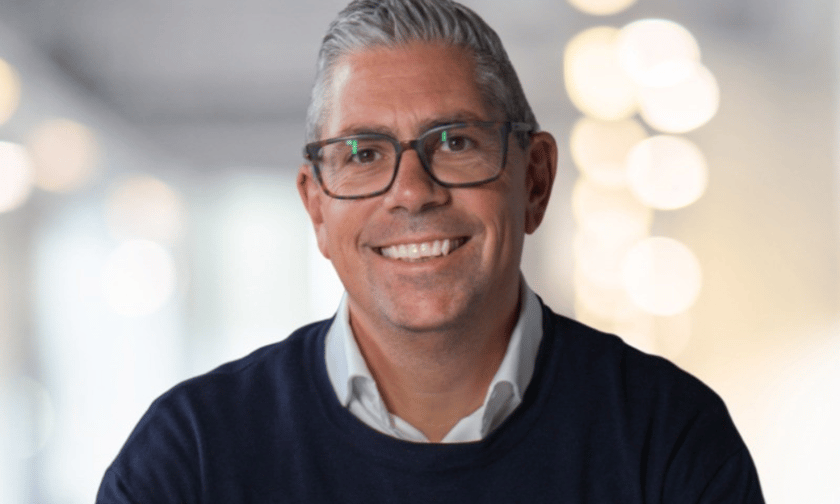

When Martyn Mathews (pictured) joined SSP Broker as managing director earlier this year, he clearly outlined his ambition to help support the needs of the UK broker market. Speaking with Insurance Business,
Mathews noted that critical to that mission has been rolling out new insurer schemes in order to ensure its broker partners have the best possible market coverage.
Eight months into his journey with SSP Broker, the business has activated eight schemes with some of the leading insurers in the UK, with plans for a dozen more in the coming months. Great schemes are essential to help brokers get access to better, strong products, he said, and to demonstrate that SSP Broker is delivering the right investments on behalf of its customers.
Delivering an update on the challenges he’s seeing facing brokers today, and the ways in which these challenges can be mitigated he highlighted two core issues – the need to build greater trust in the insurance industry and emerging skills gaps. “I’m very vocal about my desire to educate young adults and children on insurance, because that will go some way towards filling the skills gap.
“I was speaking at the CII conference the other day on this subject and brokers there were telling us about the number of brokers who are due to retire. Something like a quarter of the market is set to retire in the next 10 years or so, and we’re simply not seeing enough younger people choosing insurance as a career. The CII mentioned that only about 4% of people are actually choosing insurance. And we’ve got to change that because it’s simply not sustainable.”
The challenge with the insurance talent pipeline has not emerged overnight and solving it will not happen overnight. From Mathews’ perspective, for real change to be enacted, the industry needs to put resources into starting conversations with prospective talent about insurance careers as early as possible. He’s a passionate advocate for the need to go into schools as well as colleges, noting that everyone across SSP is encouraged to dedicate at least two days a year to a caring initiative.
“We go even further than that, we go out to local schools, to help with basic CV building and life skills, but essentially we’re looking to extoll the virtues of insurance,” he said. “So, I get on my soapbox and try to encourage the youngsters to consider insurance. Because as an industry, we do get a bad rap sometimes, it’s often considered a little bit staid and boring.
“But the reality is that insurance is big data personified. When people think about big data, they think about the obvious companies, the Amazons and so on. But big data is at the core of insurance, as is innovation. Look at what’s happening in the driverless vehicle space, that’s a great example of how great innovations can’t operate without an insurance product underlining them.”
Organisations including the CII and the ABI have a key role to play in that regard in helping to fill the skills gap but everyone operating in the insurance market has a clear responsibility to play their part. Part of that comes down to encouraging more young people to join the market, he said, but the other part is around working to change the perception of insurance. That means sharing your career experience, of the opportunities that have been made available to you, and supporting the next generation in building the skills necessary to help them have that same experience.
Collectively, as an industry, Mathews believes that a lot more could be done to drive stronger engagement with younger people. He looked to the work being done by the likes of credit reference agencies to encourage greater financial literacy. They go out into schools, he said, and they teach children why it’s so important not to get themselves into debt early doors because it can take a long time to cycle through.
“My argument is that we should either do the same or bolt-on to what they’re doing in the insurance market,” he said. Why not go out and have those conversations? And there’s two major benefits to doing that.
“One, it’ll go towards filling the skills gap because people will see it’s a genuine career which might spark interest. But it will also help educate consumers about things like why insurance fraud is not victimless, on the danger of inflating a claim, on why insurance premiums are what they are. It’s a real opportunity to educate the next generation, and educate them early.”
